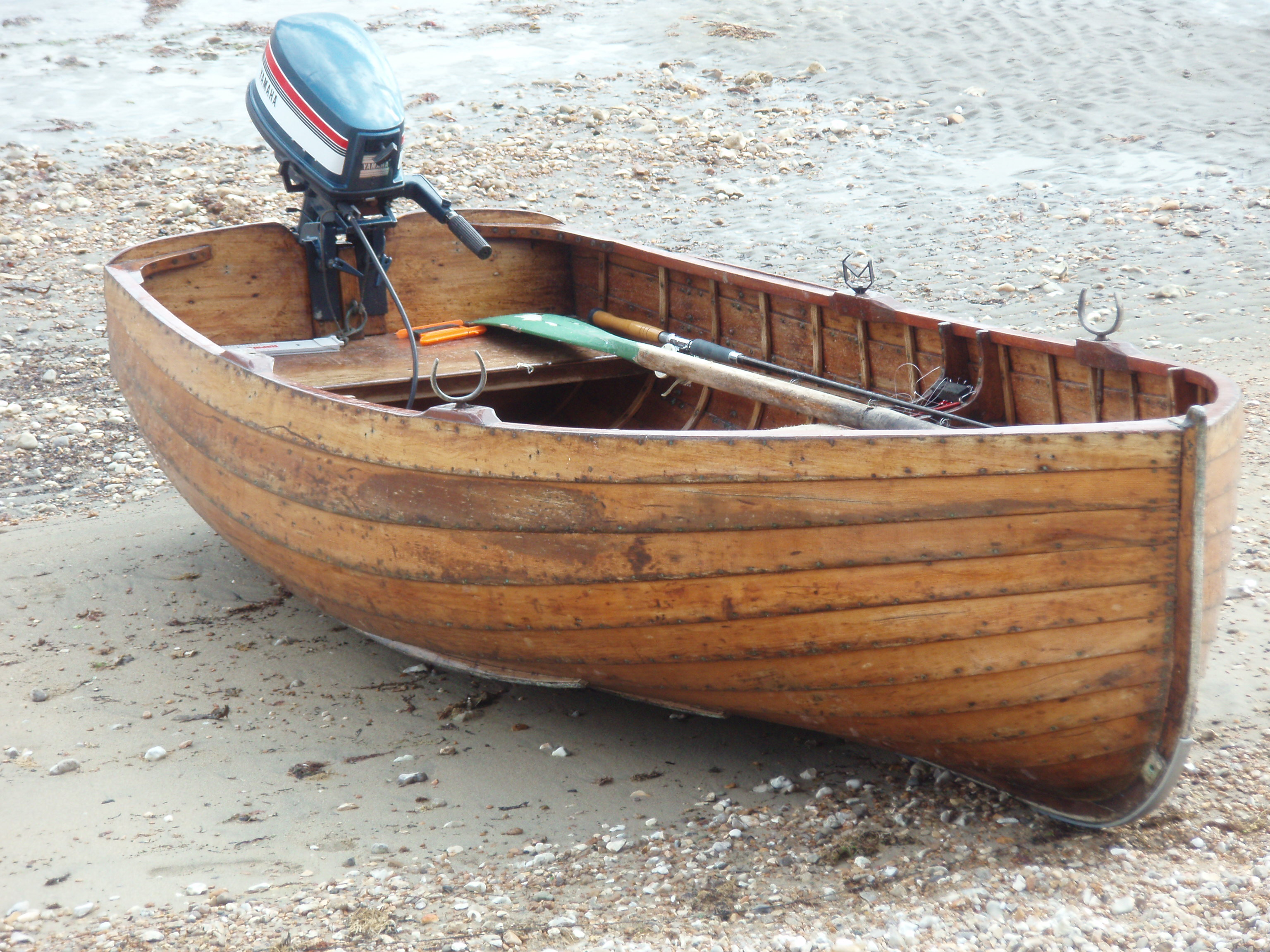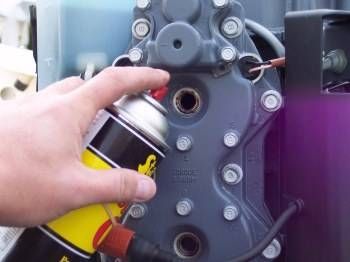Your Checklist to Ensure You Aren't Robbing Your Boat of Horsepower
No matter what kind of boat you own, if you’re like most boat owners you want to squeeze out as much horsepower from it as possible.

Google a combination of terms concerning gasoline treatment and outboard motors, and you’ll find a variety of parties chiming in. Some of them (West Marine, Mercury Marine) are more reputable than others. They all seem convinced that there’s at least some potential for concern with ethanol gasoline and the outboard boat motors that use it.
 When you think of marine environment and ethanol-gasoline, there are certain things that come to mind. Marine humidity and ethanol’s affinity for holding water. Preventing phase separation. Making sure you don’t exceed E10 in your outboard, as E15 isn’t approved for off-road applications and could cause damage. Getting around the corrosion issue.
When you think of marine environment and ethanol-gasoline, there are certain things that come to mind. Marine humidity and ethanol’s affinity for holding water. Preventing phase separation. Making sure you don’t exceed E10 in your outboard, as E15 isn’t approved for off-road applications and could cause damage. Getting around the corrosion issue.
Certainly, a good multifunction ethanol treatment like Ethanol Defense or Marine MXO should be able to address all of these outboard fuel problems. But we also want to see what other sources are saying about ethanol fuels and outboard motors.
““Bad” fuel should be completely removed and replaced with fresh fuel. Nothing can rejuvenate old fuel. To prevent fuel from going bad, most manufacturers recommend high-quality fuel additives to prevent sediment, gum and varnish buildup that forms when fuel goes bad, control moisture, help prevent phase separation and prevent fuel system corrosion.”
“Fuels containing up to 10 percent ethanol are considered acceptable for use in Mercury engines. Fuels containing higher levels of ethanol are not considered acceptable for use, and the use of fuels containing ethanol higher than 10 percent can void the warranty.”
“Outboard fuel injectors commonly foul, and must be replaced if contaminated with water or debris from ethanol fuel. Once you have an ethanol-fuel problem in a motor or boat, it can be very difficult solving it for good. It’s very common during the warm-weather fishing season to spend many weeks getting a boat and motor back to running to peak efficiency once ethanol problems have occurred.”
“Modern fuels have a shelf life of only a few months, especially when mixed with two-stroke oil, with the fuel leaving a black varnish or gum on the inside of the carburetor when it evaporates. A build-up of this will gradually restrict the size of the carb’s main jet, which means the motor won’t receive all the fuel as it needs. The classic symptom of this problem is a motor that misfires and runs roughly, with loss of power even when warm, but improving when given choke. Even with choke it will not be capable of delivering full power, but it should serve to get you home… Adding fuel stabilizer will prolong the life of the fuel, and reduce the tendency to produce varnish.”
These industry sources all know the same thing – ethanol fuels can cause real issues with outboard motors. The last comments from Boats.com are particularly enlightening. Using a fuel stabilizer that also contains detergency (like Marine MXO) attacks the very problem they’re referring to – the varnish buildup that clogs the carburetor jet.
Lastly, if your engine manufacturer recommends using a water separator, you definitely want to make sure it’s in good working order. A 10-micron separating unit can go a long way towards mitigating ethanol fuel problems with your outboard. It won’t prevent the varnishing problems that Boats.com references but it will cover an important area.

No matter what kind of boat you own, if you’re like most boat owners you want to squeeze out as much horsepower from it as possible.

Now that Labor Day has passed, boating season is coming to an end while cold weather looms on the horizon. The engine is the most expensive part of...
Today most gas sold at the pump has ethanol in it. Gasoline called E10 has up to 10 percent ethanol and E15 gas called E15 has up to 15 percent...